Browse Exhibits (3 total)
Jesuits and the Sciences 1540-1999
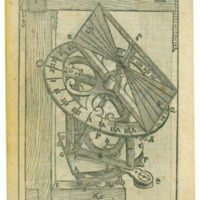
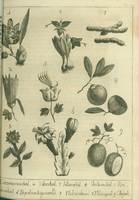
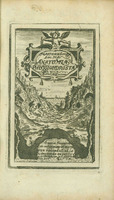
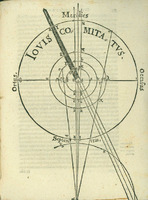
A remarkable characteristic of the Society of Jesus during the period of its first founding (1540-1773) was the involvement of its members in the sciences. The reasons for this interest in scientific study can be found in the nature and mission of the order itself. Saint Ignatius Loyola considered the acquisition of knowledge and the performance of mundane labor as spiritually profitable tasks, and this fostered in the Society an action-oriented, utilitarian mentality sympathetic to scientific study. In addition the role of the Society as the "schoolmasters of Europe" meant that the pedagogically (and scientifically) useful principles of rationality, method, and efficiency were highly valued. The tight-knit organization of the Society created among its members habits of cooperation and communication, essential for the gathering and exchange of scientific information. Finally, mission work in Asia and the Americas gave the Jesuits opportunities and impetus to study and record the phenomena of these new worlds.
Edifying and Curious Letters
Jesuit Accounts of the Americas, 1565-1896
This exhibit is based on a physical exhibit originally created in 1992 as part of the international symposium "Agents of Change: The Jesuits and Encounters of Two Worlds," held at Loyola University Chicago, October 8-10, 1992. The physical exhibit was arranged according to the major themes of that symposium: Jesuits as Explorers and Geographers in the Americas; Jesuits as Educators in the Colonial Americas; Jesuits as Missionaries in the Colonial Americas; and Jesuit Chroniclers and Historians as Informants to Europe about the Americas.
The items in this exhibit are drawn from the Edward A. Cudahy Collection of Jesuitica in the Rare Book collection at Loyola University Chicago. This collection, which consists mainly of works by or about Jesuits published before 1830, represents a cross-section of Jesuit intellectual activity in religion, philosophy, literature, science, and the arts. Strengths within the collection include mission history, Jesuit drama and poetry of the Baroque era, works by Jesuit scientists, and anti-Jesuit literature.
Where known, references are given to citations in Augustin de Backer's Bibliothèque de la Compagnie de Jésus (Nourv. Ed. Par Carlos Sommervogel; Bruxelles, 1890-[1932]).
Gerard Manley Hopkins, S.J.
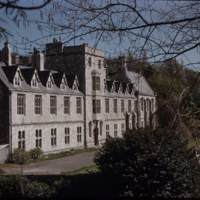
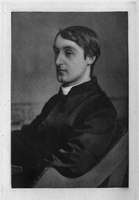
Raymond V. Schoder, S.J., lectured widely on many topics including Gerard Manley Hopkins, S.J. This exhibit highlights Schoder's lectures on Hopkins' life, travels, and poetry using both his lecture notes and photographs he took to accompany his lectures.